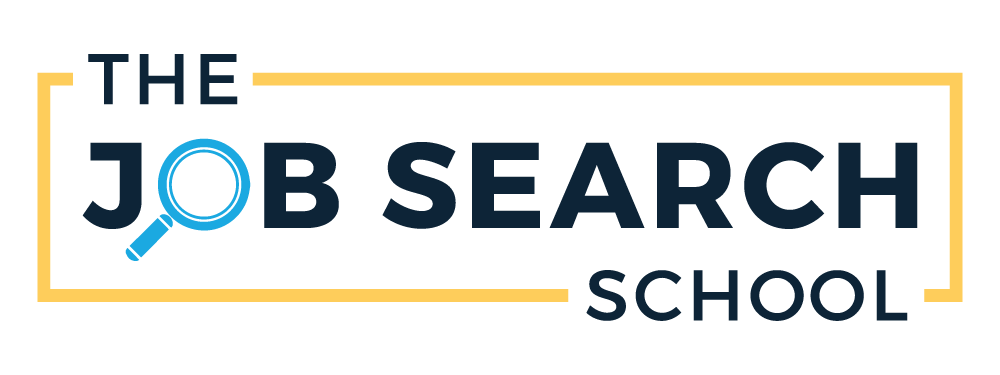Let’s chat about a topic that’s reshaping the modern workplace: artificial intelligence, or AI, especially in the realm of hiring. For employers, integrating AI into the recruitment process isn’t just about keeping up with technology—it’s about harnessing a powerful tool to enhance efficiency, improve hiring accuracy, and even transform the entire recruitment strategy. Here’s how AI is making waves in the hiring process for employers, complete with specific examples to bring these concepts to life.
Streamlining the Recruitment Process
One of the most immediate benefits AI offers employers is streamlining the recruitment process. This comes into play right from the initial stages of hiring.
Automated Resume Screening:
Traditionally, the recruitment process begins with the laborious task of resume screening. It’s time-consuming and, frankly, tedious. Enter AI, which can quickly parse through thousands of resumes to identify candidates who best match the job criteria based on skills, experience, and more.
- Example: Imagine a company receiving around 1,000 applications for a single position. An AI-powered tool like HireVue can scan all these resumes in minutes, highlighting the top 50 candidates by matching their profiles against specific job requirements. This dramatically cuts screening time, freeing HR’s time for more strategic tasks.
Enhancing Candidate Matching
AI goes beyond simple screening; it uses sophisticated algorithms to ensure a deeper compatibility between a candidate’s profile and the company’s needs, including cultural fit and long-term potential.
Predictive Analytics:
By analyzing data from past recruitment processes and employee outcomes, AI can predict which candidates are likely to succeed in a role. This predictive capability can be a game changer in making hiring decisions based not just on past experience but also on future potential.
- Example: A tech startup uses an AI tool like Pymetrics, which applies data science to HR, predicting candidate success by comparing their profiles to those of top-performing employees. This kind of matching ensures that the hiring process is not only about filling a vacancy but about investing in a long-term asset.
Reducing Bias in Hiring
One of AI’s most significant potentials in recruitment is its ability to reduce unconscious bias. AI can make the hiring process more objective by focusing on data-driven criteria.
Standardized Job Matching:
AI systems can be programmed to ignore demographic factors like age, gender, and race, focusing solely on skills, qualifications, and experience. This approach promotes diversity and inclusivity in the workplace by ensuring that all candidates are given an equal opportunity based on their merits.
- Example: GapJumpers is a platform that uses blind audition techniques in hiring. Candidates perform specific tasks or challenges related to the job, and employers assess these without knowing anything about the candidates’ demographics. This method has been shown to increase diversity in hiring significantly.
Improving Candidate Experience
AI benefits the employer and enhances the candidate experience, which is crucial in building a positive employer brand.
Automated Communications:
AI can automate communications with candidates throughout the hiring process, from sending immediate acknowledgments of application receipts to providing updates about their progress. This keeps candidates engaged and informed, reflecting positively on the company’s reputation.
- Example: Mya Systems develops AI recruiters that can engage with candidates via chatbot conversations, providing timely responses and feedback. This interaction ensures that candidates feel valued and respected throughout the hiring process, regardless of the outcome.
Predicting Turnover and Enhancing Retention
Finally, AI can help predict who to hire and how to retain talent. By analyzing patterns and predictors of turnover, AI tools can give employers insights into what keeps employees satisfied and engaged.
Turnover Prediction:
AI can analyze data points across employee lifecycles to identify risk factors associated with turnover. This enables HR departments to address issues proactively, tailor retention strategies, and reduce turnover costs.
- Example: An organization uses AI tools to analyze exit interview data, performance reviews, and employee surveys to predict turnover trends. This data helps them develop targeted retention programs tailored to employee needs, such as career development opportunities and enhanced work-life balance initiatives.
Wrapping Up
The impact of AI on employers’ hiring process is profound. From streamlining administrative tasks and enhancing the accuracy of candidate-job matches to promoting diversity and improving retention, AI is revolutionizing how companies recruit and maintain their workforce. As this technology evolves, it promises to unlock even more innovative ways to optimize the recruitment process, making sure that employers find the right talent and foster a work environment that retains top performers.
Remember, the goal isn’t just to replace the human element in HR; it’s to augment it with powerful tools that allow professionals to focus more on strategies rather than on manual processes. In HR, AI is not just a helper; it’s becoming a necessary partner in building a more efficient and fair hiring process.
